Celebrating The Moon, The Night & The Tides
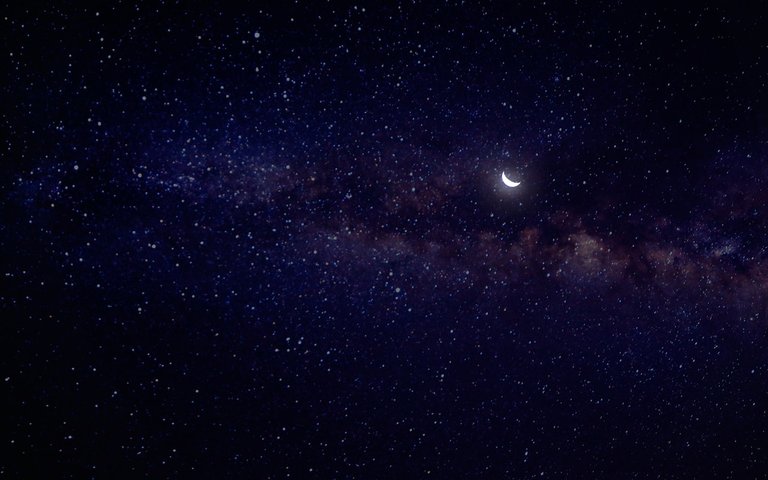
Hello #celestialchallenge fans and my lovely followers. As you all know that today is Monday and we will be celebrating the moon festivals celebrated all around the world, so let me give you a little taste and share the feelings you can observe this day.
Moon Gazing

The origins of appreciating the moon as a custom can be traced back to the Zhou dynasty when people held ceremonies to welcome the full moon, with huge outdoor feasts of moon cakes, watermelons, apricots, grapes and other fresh fruits.

The popularity of this ancient tradition began to grow during the Tang and Song Dynasties when people of high rank held banquets in their big courtyards. They drank fine wine, watched the moon and listened to music. People who could not afford big parties would lay some food, such as moon cakes and fruits, on a table in the courtyard and pray to the moon for a good harvest. Historical documents suggest that people would stream to the night markets and, together with their families, admire the beauty of the full moon. There are also many classic songs and well known verses about this tradition.

People still appreciate the moon during the Mid Autumn Festival in China till this date. On the festival day, family members gather to offer sacrifice to the moon, appreciate the bright full moon, eat moon cakes, and express strong yearnings toward family members and friends who live afar.
The Relished Moon Cakes On This Night
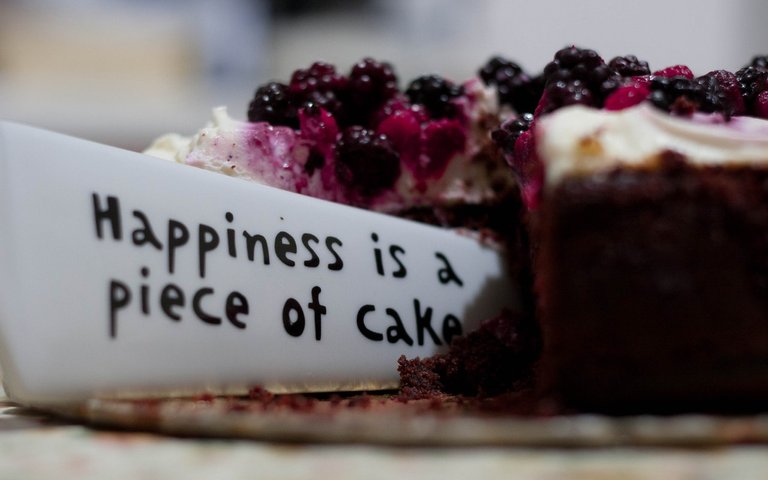
Besides appreciating the moon and dining on moon cakes, attending a grand family dinner, perhaps not seen in daily life, is one of the most important activities for the Chinese. Eating moon cakes is also the most popular celebration of the day. Moon cakes, also called "palace cake", "small cake", "moon pastry' and "reunion cake", are traditionally Chinese pastries, made of wheat flour and sweet stuffing such as sugar and lotus seed powder.
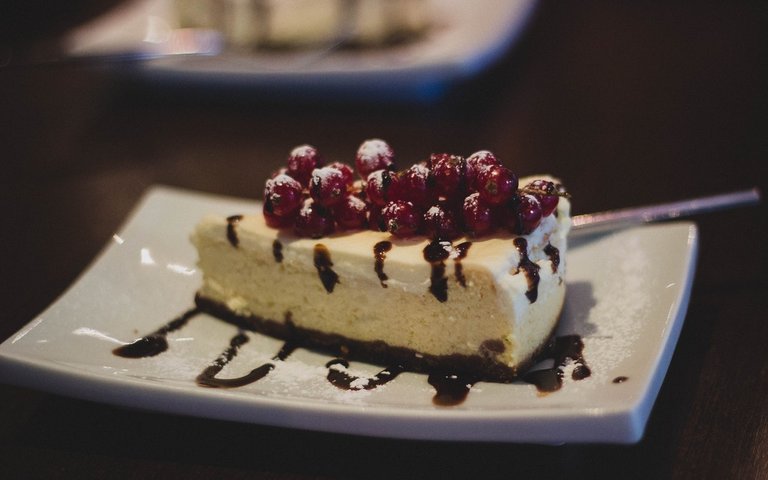
Moon cakes come in various flavors according to the region and are a symbol of family reunion, and the cake is traditionally cut into pieces equal to the number of family members. The moon cake first appeared in ancient times as an offering to the moon. At the time, emperors would pay homage to the sun in spring and to the moon in autumn. It was also a custom for the general public to worship or pay homage to the moon in mid-autumn in every lunar August. The age-old custom was handed down to later generations and eating moon cakes at the Mid autumn Festival has become an inseparable part of the celebrations.
The Dragon Dance Is One Another Big Thing To Be Amazed By
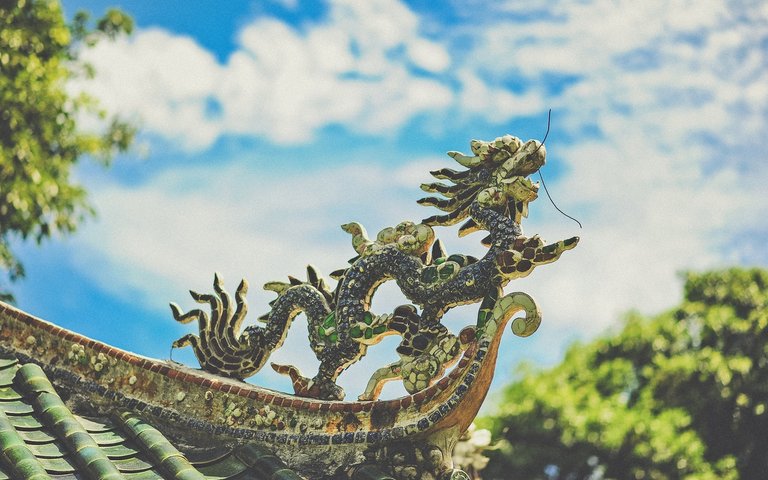
In the 19th century. the people of Tai Hang began performing a dragon dance to stop a run of bad luck afflicting their village. More than a century later, their village has been all but swallowed up by Hong Kong's fast growing city. But ,the dragon keeps on dancing. The hosting of fiery dragon dances is a very traditional characteristic custom during the Mid Autumn Festival in Hong Kong, with a history spanning over 100 years.
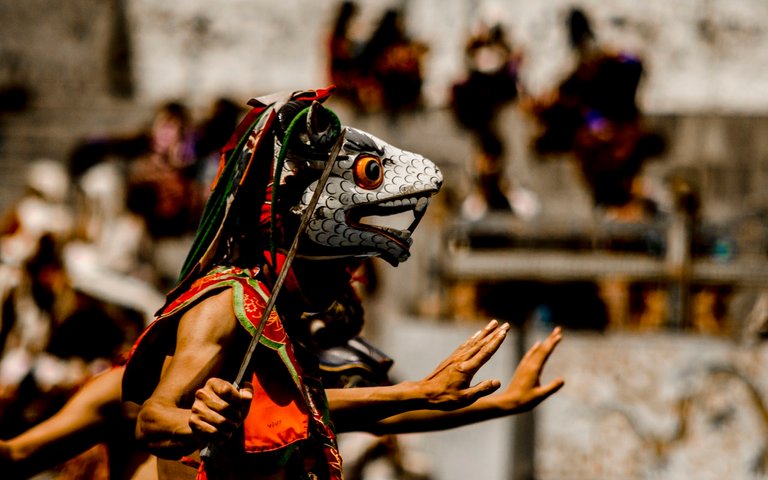
Each year, beginning from the 14th day of the 8th lunar month, there are grand dragon dances held in Tai Hang in Causeway Bay, lasting for 3 nights. The fiery dragon is made with several main materials. The 70-meter-long dragon consists of 32 sections, which are divided by pearl grass, and its body is stuck with joss sticks. The night of the festival, all the wide streets and narrow lanes of this area are jubilant and boisterous with winding fiery dragons dancing energetically in the light, bouncing to the dragon drum music. More than 30,000 performers take turns to perform the dragon dance, considered an honor. People believe that the dragon dance can lead to good fortune, avoid disaster and bestow them with a good harvest year.
The Medley For The Lanterns - Playing With Lanterns
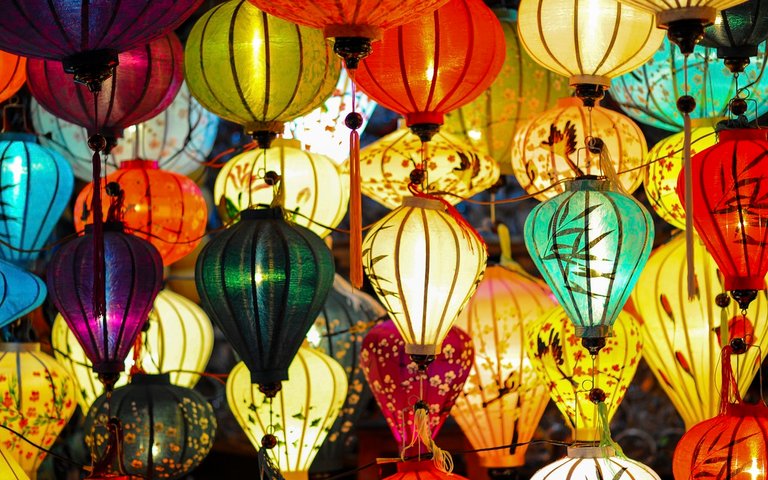
The Mid Autumn Festival ranks as one of China's top three lantern festivals, even though it does not boast large scale lantern shows such as those exhibited during the Lantern Festival.
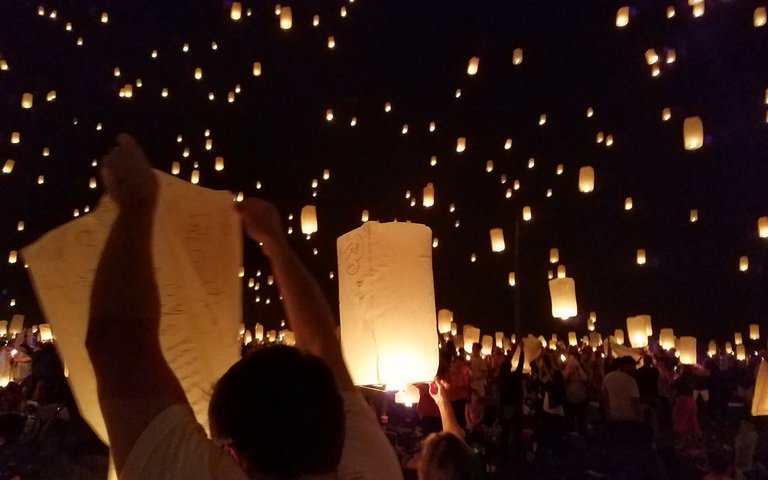
However, playing with lanterns brings great pleasure to children and families, making it the perfect pastime during this family based holiday. Children are particularly fond of making their own traditional lanterns, which are made of paper and contain a candle inside. The young ones then dangle their beloved lanterns in front of them as they strut through the streets on the evening of the Moon Festival.
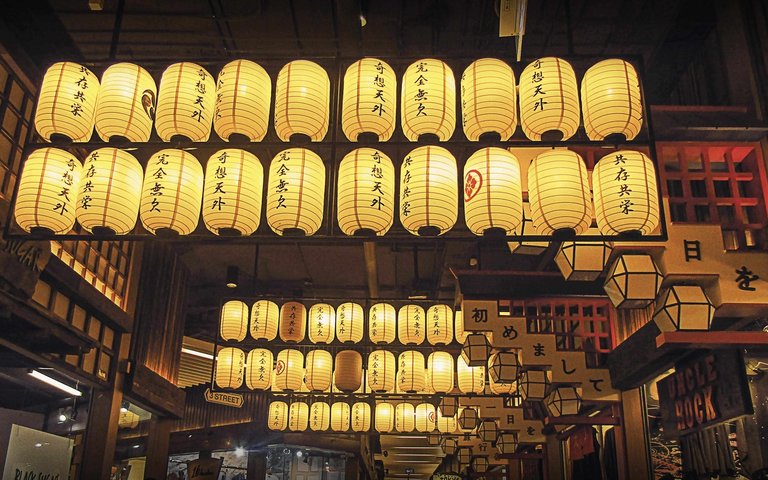
It's a wonderful experience to watch the streets light up with the glow of hundreds and thousands of lit lanterns. The height of a lantern is said to determine the level of luck the family will enjoy: the higher the lantern, the luckier the family will be. In some areas of China, people make Kongming lanterns and then let them fly into the sky. These enchanting lanterns are believed to bring blessings and reunite families and friends.
Feeling & Watching The Tidal Bore

In the Zhejiang Province in East China, watching the tidal bore is a great event celebrating the Moon Festival.

The custom of watching the flood tide, the rare phenomenon known as the tidal bore, dates back to the Han Dynasty (206 BC - 220 AD), and the activity gained large popularity in the Song Dynasty (960 - 1279). The great Qiantang Tide in Raining of Zhejiang, which is a spectacular natural wonder, boasts a tidal range of about 8.5 meters from the 15th day to the 20th day of the 8th lunar month.

When the surging tide comes, the water can rise up to a height of 30 feet and the noise it generates sounds like thunder, or a thousand horses running. Thus, the Mid-Autumn Festival period is a perfect time to watch the Qiantang Tide. Each year, countless tourists from around the world travel here to watch the flooding of the Qiantang Tide. The soaring tide of the Qiantang River is such a marvelous spectacle that only the Amazon River's surging tide rivals it.
Great post man 👍 so please visit in my blog
And I am dily follow you
Thanks man !